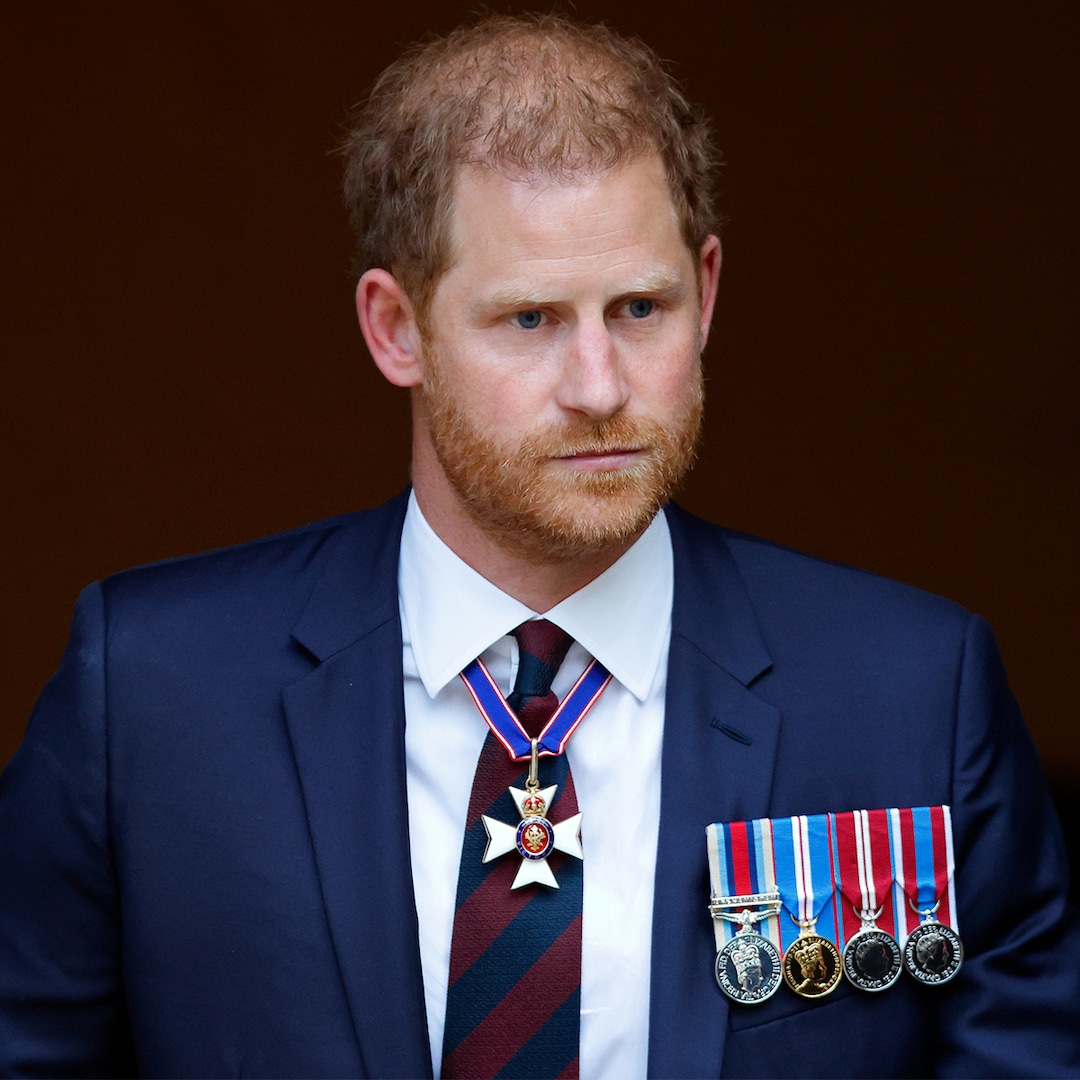Prince Harry’s Legal Victory: A Bold Stand Against Tabloid Intrusion
In a significant turn of events, Prince Harry has achieved a landmark legal victory that underscores the ongoing battle between celebrity privacy and relentless media scrutiny. After reaching a settlement with several U.K. tabloids, this victory not only highlights the personal struggles of the prince but also raises crucial questions about the future of press practices and the royal family’s relationship with the media.
The Background of Prince Harry’s Legal Battle
Prince Harry’s legal journey began as a reaction to what he and other high-profile individuals deemed an invasion of privacy by tabloid media. This battle was not just about personal grievances but represented a broader fight against unethical journalistic practices that have long plagued the lives of celebrities and public figures.
In recent years, Harry has been vocal about the impact of tabloid intrusion on his mental health and the well-being of his family, particularly in the wake of his mother, Princess Diana’s tragic death, which he attributes, in part, to the intense media scrutiny she faced. His decision to take legal action was not only a personal choice but also a statement against a system that often prioritizes sensationalism over ethics.
The Settlement: A Turning Point
Upon reaching a settlement with the tabloids, Prince Harry received a public apology from the newspapers involved. This acknowledgment marks a significant shift in how the media is willing to address its past conduct. The settlement represents more than just monetary compensation; it symbolizes a recognition of the right to privacy that many public figures are demanding in today’s media landscape.
While specific details of the settlement remain confidential, the repercussions are already being felt throughout the media industry. This case sets a precedent, signaling to tabloids that aggressive tactics may no longer be tolerated without consequence. The public apology serves as a reminder of the responsibility that comes with the privilege of reporting on the lives of others.
Implications for Media Practices
Prince Harry’s legal victory is expected to spark broader discussions about media ethics and the need for reform in tabloid journalism. Here are some potential implications:
- Increased Accountability: Media outlets may face greater scrutiny and pressure to uphold ethical standards in reporting.
- Shift in Public Perception: This victory could lead to a shift in how the public views tabloid media, encouraging support for more responsible journalism.
- Legal Precedents: The outcome may inspire other public figures to pursue legal action against intrusive media practices.
Celebrity Privacy: A Growing Concern
The battle for privacy is not unique to Prince Harry; many celebrities have faced similar challenges. The advent of social media has intensified the scrutiny public figures endure, often blurring the lines between public interest and personal privacy. The conversation surrounding celebrity privacy has evolved, with many advocating for stricter regulations on how media outlets report on individuals.
High-profile cases, such as those of Meghan Markle and other celebrities, have drawn attention to the invasive tactics employed by tabloids, including phone tapping, paparazzi harassment, and unethical sourcing of information. The increasing awareness of mental health issues has further fueled the demand for privacy, as many public figures express the toll that constant scrutiny takes on their mental well-being.
The Royal Family and Media Relations
Prince Harry’s stance against tabloid intrusion also raises questions about the royal family’s relationship with the media. Historically, the British royal family has maintained a complex and often tumultuous relationship with the press. The institution relies on media coverage for public visibility, yet the negative portrayal of family members can lead to significant personal and reputational damage.
The royal family’s approach to media engagement has shifted significantly in recent years. With Harry and Meghan stepping back from royal duties and actively challenging media practices, there is a growing need for the royal family to reconsider its strategies for interacting with the press. This legal victory could serve as a catalyst for change, prompting the royals to adopt a more transparent and proactive stance regarding their relationship with the media.
Looking Ahead: The Future of Celebrity Privacy
As Prince Harry’s legal victory reverberates through the media landscape, it is essential to consider what this means for the future of celebrity privacy. The settlement signals a potential turning point in how tabloids operate, yet it also raises pertinent questions:
- Will tabloids change their practices? This victory might prompt media outlets to rethink their strategies, promoting more ethical reporting standards.
- How will public figures respond? As awareness grows, more celebrities may choose to challenge intrusive practices, leading to a shift in the media landscape.
- What role will the public play? Public sentiment can directly influence media practices; supporting responsible journalism could lead to meaningful change.
Conclusion: A Call for Ethical Journalism
Prince Harry’s legal victory against tabloid intrusion is not just a personal triumph but a significant statement advocating for change in the media landscape. As the public grapples with the implications of celebrity privacy, this case serves as a reminder of the importance of ethical journalism. Moving forward, it is crucial for media outlets to prioritize integrity and respect for individual privacy, allowing public figures to reclaim their narratives.
In the end, the resolution of this legal battle not only benefits Prince Harry but also paves the way for a more respectful and responsible media environment, ensuring that the lines between public interest and personal privacy remain clearly defined.
See more The Buzz Live

